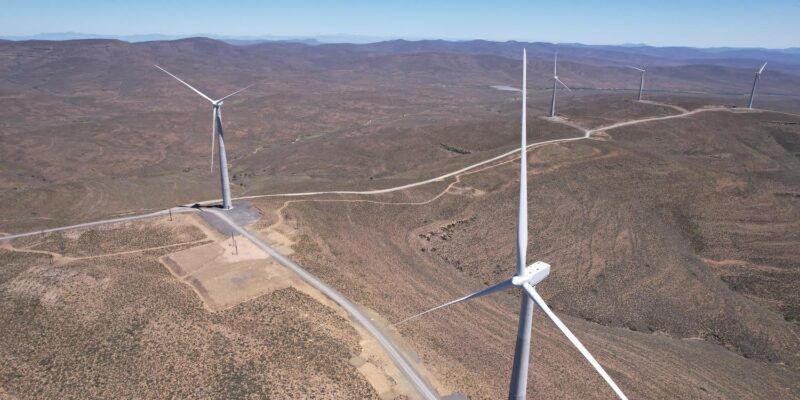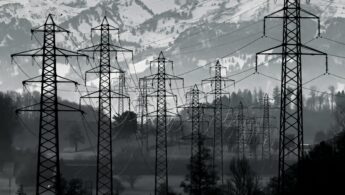Zero-carbon electricity: powering grids with wind and solar
Electricity grids are the backbone of global energy systems and are becoming increasingly important in the effort to limit global…

Though Africa accounts for less than 3% of global renewables capacity, renewables deployment has grown substantially over the last decade, doubling between 2012 and 2022 to almost 59 GW. The growth in the sector indicates huge potential for renewables in the coming years and decades.
Wind energy capacity in Africa has been steadily increasing over the last decade and is expected to rise by over 900% based on projects announced to date. Africa’s solar energy market, the fastest-growing renewable energy resource on the continent, accounted for 57% of renewable investments between 2010 and 2021. The use of stand-alone off-grid solar systems improved access to electricity on the continent by 62% between 2009 and 2019.
The report highlights the potential scale of investment opportunities available in Africa’s renewables sector – renewable investments in Africa grew at an average rate of more than 96% per year over 2010-2020. Despite this, the International Energy Agency and the African Development Bank Group estimate that, in order for Africa to achieve universal energy access and meet its energy and climate goals, around USD 200 billion of investment is needed every year until 2030 – more than double current annual investments. This gap is critical to Africa’s energy transition.
This report is the fourth in a series of reports looking at evidence of the pace of growth in the clean energy transition. It builds on several pieces of research on exponential systems change released by RMI, Systems Change Lab and others this year, which show that change is happening faster than we think.
“Across Africa, the surge in renewable energy capacity, especially in wind and solar power, marks a transformative moment. From doubling renewables capacity to almost 59 GW in the last decade, to the exponential rise in wind energy projections, the continent is witnessing an inspiring momentum towards a sustainable future. These investments not only address climate change but also present lucrative opportunities, with lower project default rates, fostering job creation, and reducing dependence on volatile fossil fuel prices. At GWEC we are excited by this trajectory in renewables, which not only exemplifies Africa’s commitment to combating climate change but also underlines the continent’s potential to become a global leader in sustainable energy, fostering economic growth, innovation, and energy independence for a billion people across the continent.”
Wangari Muchiri, Global Wind Energy Council (GWEC)
“With its massive renewable energy resources, Africa has the potential to achieve not just energy security for itself and its people, but 100% energy sovereignty. But it cannot do so on its own. Rather than pumping billions of dollars into fossil fuels for developed countries’ own short term energy security, the developed world must instead turn these investments into renewables that will sustain Africa’s development while advancing global climate goals.”
Mohamed Adow, Executive Director, PowerShift Africa
“This report paints a promising picture of the steady growth of renewable energy in Africa and its potential to drive the global energy transition. As the continent seeks to further boost its renewable energy capacity to 300 GW by 2030 as outlined in the Africa Climate Summit Leaders’ declaration, it is critical that governments across the globe channel sizeable investments into people-centred renewable energy systems on the continent, while setting up enabling policies and progressive financing mechanisms as well as removing infrastructural barriers to the expansion of clean energy. At COP28, we expect a resolve by leaders to bolster renewable energy globally, towards the tripling of its capacity, greater financial support for the transition and a strong commitment to phasing out fossil fuels everywhere.”
Landry Ninteretse, Regional Director, 350Africa.org

Electricity grids are the backbone of global energy systems and are becoming increasingly important in the effort to limit global…

Greenwashing can take various forms, such as false advertising or misleading labelling. This guide shows how to spot greenwashing in…